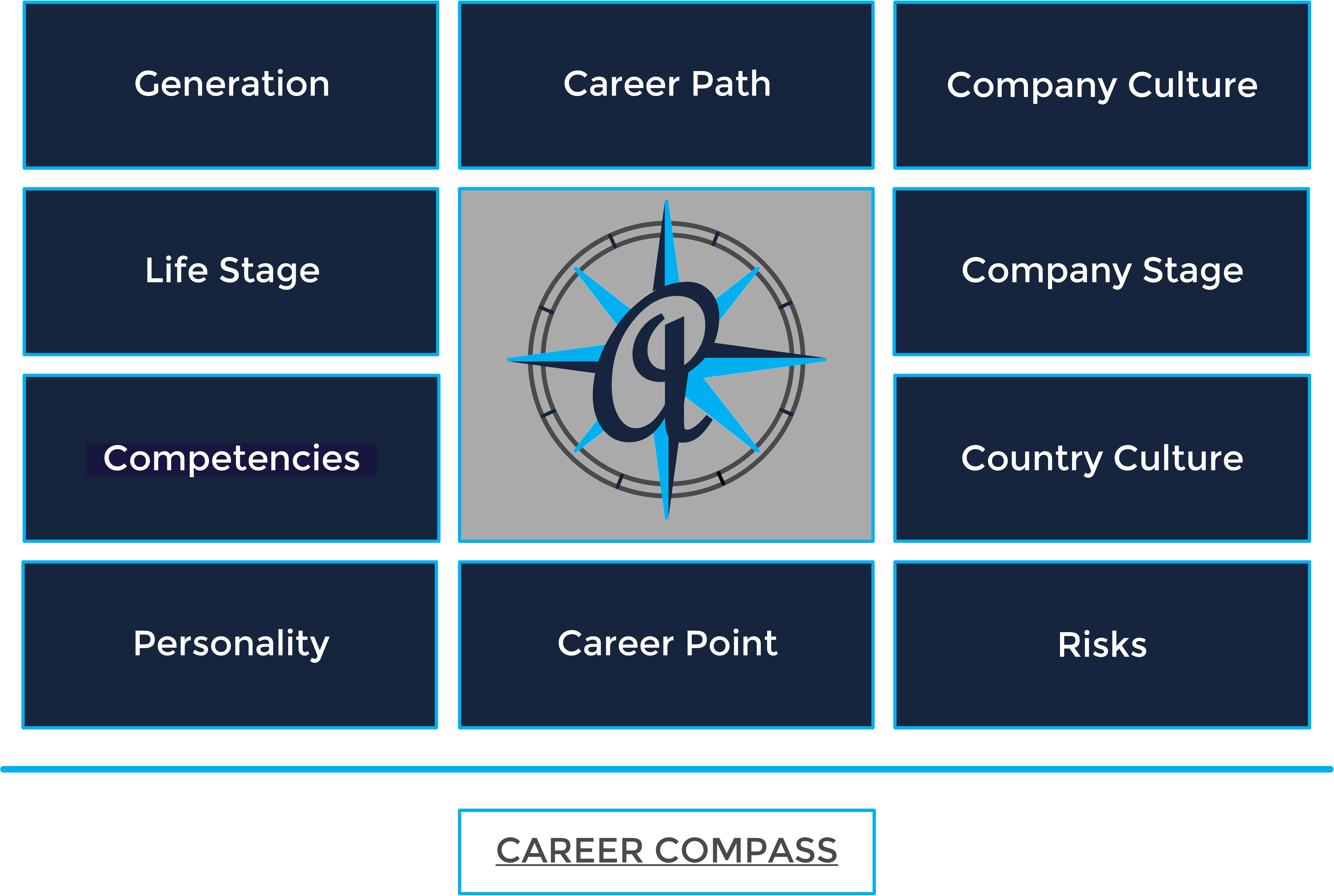What risks do you face?
Your Risks

Managers are used to being successful. After all, that's the only way they got to the position in question. However, if people are very successful for a while, there may come a point when they stop listening. At some point, no one contradicts them anymore. And when no one contradicts them anymore, it reinforces their feeling: They are always right. Former Arcandor manager Thomas Middelhoff, for example, was accused by the FAZ of megalomania. Jürgen Schrempp, the former head of Daimler-Chrysler, faced a similar accusation.
Subjectivity is often equated with impartiality, with bias, and with being influenced by personal feelings interests or prejudices. Managers are expected to make quick decisions. Often, these are not based on facts but on feelings. Even the advice of colleagues, employees, shareholders and family are often not objective enough, because they are also too involved in the issues.
Managers have to represent multiple stakeholder interests, which are often conflicting. A relocation may make sense from the shareholders' point of view, but lead to a massive conflict with employee representatives. The trade-off between short- and long-term projects can also lead to conflicts.
The tasks of a manager are very complex and multi-layered. Understanding this range of tasks is almost impossible for an outsider. As a result, a purposeful discussion of problems with friends and family often cannot take place. The discussion with subordinates, colleagues or supervisory bodies could be more fruitful due to their expertise, but power-political aspects must be taken into account here.
Managers are not covered by the Working Time Protection Act. For example, Section 18 of the Working Hours Act states that "the Working Hours Act does not apply to executive employees within the meaning of Section 5 (3) of the Works Constitution Act". This means that the protective regulations applicable to normal employees are not valid. With fatal consequences. In July 2013, Carsten Schloter, the Swisscom CEO, takes his own life after speaking several times about his enormous stresses: "I have never really been relaxed"
However, some managers do not see this danger and deliberately exchange their lifetime for money. This is evidenced, for example, by the statement of Roland Koch, former Prime Minister of the German state of Hesse, "I may have a 70-hour week, but I'm also paid almost outrageously well for it. And no one forced me to take on the post of CEO," he told the Wirtschaftspublizistische Vereinigung (UPU) in Düsseldorf about his job as CEO at Bilfinger.
"Sometimes you have to be daring and sometimes you have to be careful. If you're smart, you know when what is appropriate."
from "Dead Poets Society"

